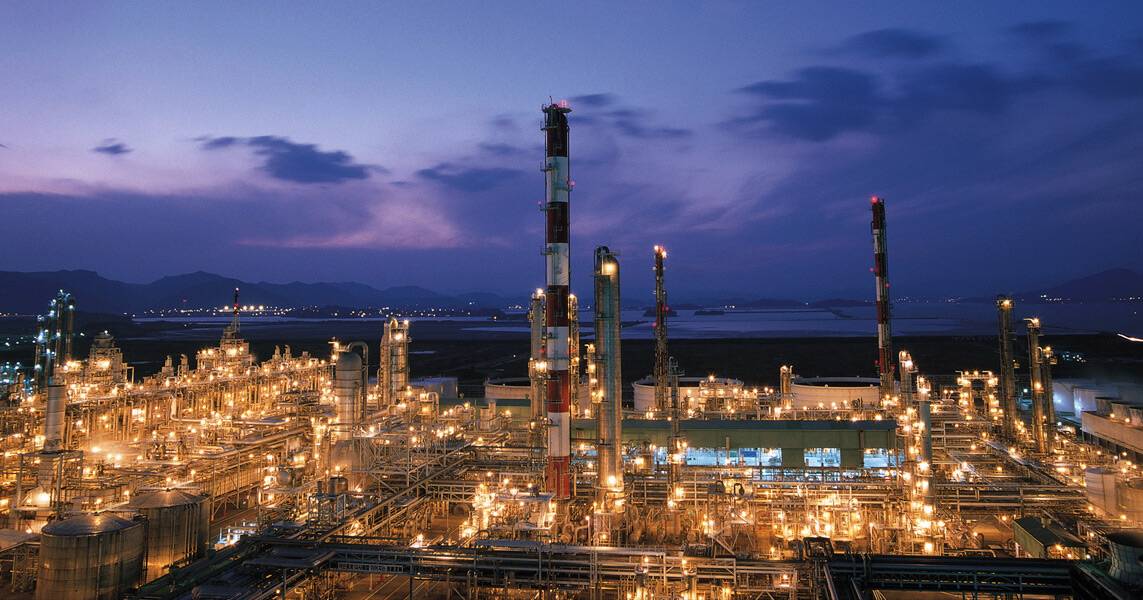نومبر . 10, 2024 12:22 Back to list
HDPE Pipe Fittings for Efficient Irrigation Solutions and Sustainable Water Management
Understanding HDPE Irrigation Pipe Fittings
Irrigation is an essential aspect of agricultural and landscape management, ensuring that plants receive the necessary water for growth and sustainability. One of the key components of an effective irrigation system is the network of pipes and fittings that deliver water efficiently. Among the various materials available, High-Density Polyethylene (HDPE) has become a popular choice for irrigation pipe fittings due to its numerous advantages.
What is HDPE?
HDPE, or High-Density Polyethylene, is a type of thermoplastic polymer made from petrochemical feedstocks. It is characterized by its high strength-to-density ratio, making it a robust material widely used in various applications, including pipes and fittings. HDPE is known for its durability, resistance to corrosion, and ability to withstand harsh environmental conditions, which are crucial features for irrigation systems.
Benefits of HDPE in Irrigation Systems
1. Durability and Longevity One of the most significant advantages of HDPE is its durability. HDPE pipes and fittings can last for several decades when properly installed, outlasting traditional materials such as metal or PVC. This long lifespan reduces the need for frequent replacements, resulting in lower maintenance costs and fewer interruptions in the water supply.
2. Resistance to Corrosion Unlike metal pipes, HDPE does not corrode or rust. This resistance to corrosion is particularly beneficial in agricultural settings where soil conditions can be harsh. Farmers do not have to worry about the degradation of their irrigation infrastructure due to environmental factors.
3. Flexibility and Ease of Installation HDPE pipes are lightweight and flexible, making them easy to transport and install. This flexibility allows for easy bending around obstacles, reducing the need for additional fittings. The ease of installation can significantly lower labor costs and installation time.
4. Chemical Resistance HDPE pipes are resistant to a wide range of chemicals, making them suitable for use in agricultural environments where fertilizers and pesticides may be present. This capability ensures that the integrity of the pipes and fittings is maintained, and water quality is not compromised.
hdpe irrigation pipe fittings

5. Cost-Effectiveness Although the initial cost of HDPE fittings may be slightly higher than traditional materials, the long-term savings are substantial. The reduced maintenance needs, long lifespan, and efficiency of HDPE systems often lead to a lower total cost of ownership over time.
Types of HDPE Irrigation Pipe Fittings
HDPE irrigation pipe fittings come in various types to accommodate different connections and applications
. Common types include- Elbows Used to change the direction of the pipe. - Tees Utilized to create a junction between three pipe sections. - Reducers Help connect pipes of different diameters. - End Caps Close off the ends of pipes. - Couplings Join two pieces of pipe together.
These fittings are designed to work seamlessly with HDPE pipes, ensuring a secure and leak-free connection that maintains the efficiency of the irrigation system.
The Future of HDPE in Irrigation
As the demand for efficient water management grows due to environmental concerns and population pressures, HDPE irrigation pipe fittings offer a solution that is both sustainable and effective. With advancements in technology, the manufacturing processes for HDPE are continuously improving, increasing its eco-friendliness and further establishing its role in modern irrigation systems.
Conclusion
HDPE irrigation pipe fittings are a vital component of contemporary irrigation systems, offering a combination of durability, flexibility, and cost-effectiveness. Their advantages over traditional materials make them an ideal choice for agricultural applications and landscape management. As the world faces increasing challenges related to water scarcity and resource management, the role of reliable irrigation systems powered by HDPE technology will undoubtedly continue to grow, contributing to sustainable agriculture and efficient water usage. Embracing this technology today will pave the way for a more resilient agricultural future.
-
Durable PP Rigid Sheet: Lightweight, Chemical Resistant Solutions
NewsAug.21,2025
-
PVC Grey Sheet for Extraction: Chemical Resistant & Durable
NewsAug.19,2025
-
Durable PVC Pipe Fittings for Plumbing & Irrigation Needs
NewsAug.18,2025
-
HDPE Steel Belt Reinforced Spiral Corrugated Pipe | High Strength
NewsAug.17,2025
-
HDPE Pipe Fittings: Durable, Leak-Proof Solutions
NewsAug.16,2025
-
Premium CPVC Sheet: High-Temp & Chemical Resistant Solutions
NewsAug.15,2025

